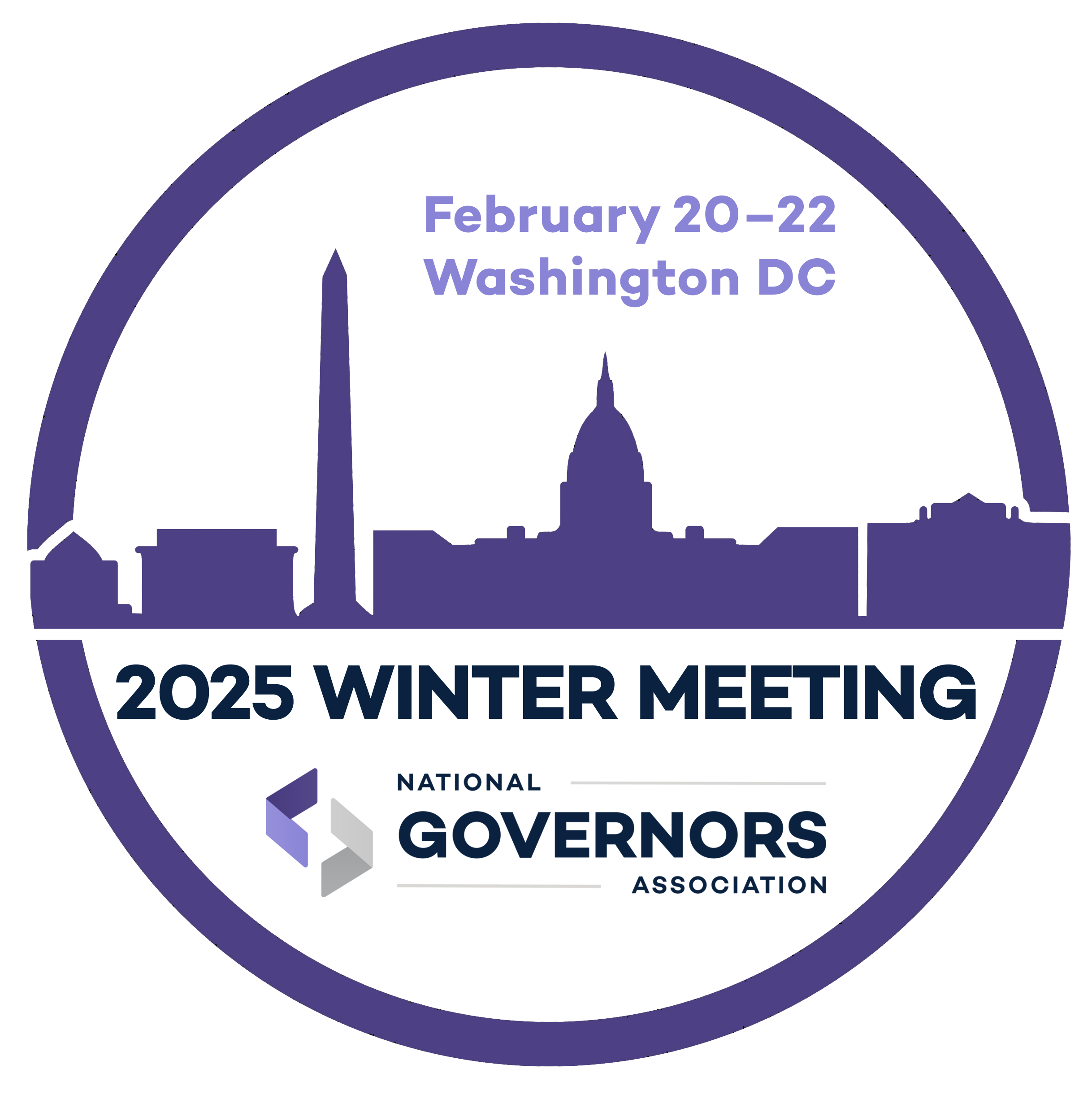National Governors Association
U.S. Conference of Mayors
National Association of Counties
National League of Cities
National Conference of State Legislatures
National Association of State Treasurers
National Association of State Auditors, Comptrollers and Treasurers
International City/County Management Association
American Public Power Association
National Association of Health and Higher Educational Facilities Authorities
Airports Council International – North America
The National Association of Towns and Townships
National Council of State Housing Agencies
Large Public Power Council
Government Finance Officers Association
RE: Classifying Municipal Securities as High Quality Liquid Assets (S. 828)
Dear Chairman Crapo and Ranking Member Brown:
The organizations signed above collectively represent tens of thousands of public sector entities that issue debt to finance and build the infrastructure that contributes to strong economies at the State and local levels across the United States. Together our members agree that legislation classifying Municipal Securities as High Quality Liquid Assets would keep demand for the municipal bond high, thus keeping the interest costs of issuance low. Keeping interest costs low, especially during times of fiscal stress, translates to more flexibility in providing and maintaining infrastructure across the United States. The legislative proposal referenced in this letter is bipartisan legislation sponsored by Sens. Rounds (SD), Warner (VA), Donnelly (IN), Cotton (AR), Kennedy (LA), Heitkamp (ND), Scott (SC), Tester (MO), Tillis (NC) and Van Hollen (MD).
Description of the Proposal: Please see Attachment A for the language of the proposed legislation (S. 828) that would direct the Federal Deposit Insurance Corporation (FDIC), the Board of Governors of the Federal Reserve System and the Office of the Comptroller of the Currency (OCC) to classify all qualifying investment-grade, liquid and readily marketable municipal securities as High Quality Liquid Assets (HQLA), Level 2B. This legislation is necessary to amend the 2014 Liquidity Coverage Ratio: Liquidity Risk Measurement Standards; Final Rule – 79 Fed. Reg. 61439.
The rule by federal regulators established a minimum liquidity requirement for large banking organizations and identified acceptable investments – deemed HQLA – to meet this capital adequacy requirement. While the rule classified foreign sovereign debt securities as HQLA, it excluded U.S. municipal securities. In doing so, regulators overlooked core features of municipal securities that are consistent with all of the criteria proposed by regulators to be characterized as HQLA, including limited price volatility, high trading volumes and deep and stable funding markets, as discussed in Attachment B and evidenced in the State of Washington’s analysis demonstrating strong trading liquidity in stable times and in times of financial stress and volatility in Attachment C.
Impact on Economic Growth: Municipal bonds not only provide a higher quality of life to individuals in communities across the United States, they also provide jobs and keep local economies strong. The municipal bond is the bedrock by which State and local governments, authorities and nonprofits of all sizes can cost effectively access the capital markets and in turn provide essential infrastructure for their citizens. Tax-exempt municipal bonds have been used to finance repairs to and construction of: roads, highways, and bridges; public transportation; seaports and marine terminals; airports; water and wastewater facilities; elementary schools, high schools, and colleges and universities; acute care hospitals; single- and multi-family housing; libraries; parks; town halls; electric power and natural gas facilities; and other public projects. Hundreds of thousands of jobs are created through infrastructure project construction and maintenance, as well as through delivering the services they provide.
With the American Society of Civil Engineers estimating a $2.1 trillion1 funding gap in ten years to meet our nation’s infrastructure needs, the ability of States and localities to finance infrastructure at the lowest possible cost is critical. Classifying investment grade municipal securities as HQLA will help ensure low-cost infrastructure financing remains available for municipal securities issuers to continue to build the infrastructure for commerce, public safety, job creation and the development of an educated workforce upon which our communities and national economy rely.
Impact on the Ability of Consumers, Market Participants and Financial Companies to Participate in the Economy: After U.S. Treasuries, municipal securities are the safest available investment, with State and local governments having nearly a zero default rate. Not classifying municipal securities as HQLA will increase borrowing costs for State and local governments to finance public infrastructure projects, as banks will likely demand higher interest rates on yields on the purchase of municipal bonds or during times of national economic stress, even forgo the purchase of municipal securities.
To be clear, not all municipal securities will be classified as HQLA. However, all issuers will benefit through market pricing effects due to investor demand (i.e. the positive effects of classifying municipal bonds as HQLA on the yield curve). The resulting cost impacts for State and local governments could be significant since bank holdings of municipal securities and loans have more than doubled since 2009.2
We look forward to working with you and supporting your efforts to help State and local governments on this high quality liquid assets issue and other regulatory and financial matters of mutual interest.
Sincerely,
Government Finance Officers Association, Emily Brock, 202-393-8467
National Governors Association, David Parkhurst, 202-624-5328
U.S. Conference of Mayors, Larry Jones, 202-861-6709
National Association of Counties, Jack Peterson, 202-661-8805
National League of Cities, Brett Bolton, 202-626-3183
National Conference of State Legislatures, Max Behlke, 202-412-3586
National Association of State Treasurers, Preston Weyland, 202-347-3863
National Association of State Auditors, Comptrollers and Treasurers, Cornelia Chebinou, 202-624-5451
International City/County Management Association, Elizabeth Kellar, 202-962-3611
American Public Power Association, John Godfrey, 202-467-2929
National Assn. of Health and Higher Educational Facilities Authorities, Chuck Samuels, 202-434-7211
Airports Council International – North America, Annie Russo, 202-293-8500
The National Association of Towns and Townships, Jennifer Imo, 202-261-3690
Large Public Power Council, Noreen Roche-Carter, 916-732-6509
National Council of State Housing Agencies, Garth Rieman, 202-624-7710
2. 2016 SIFMA Data.













